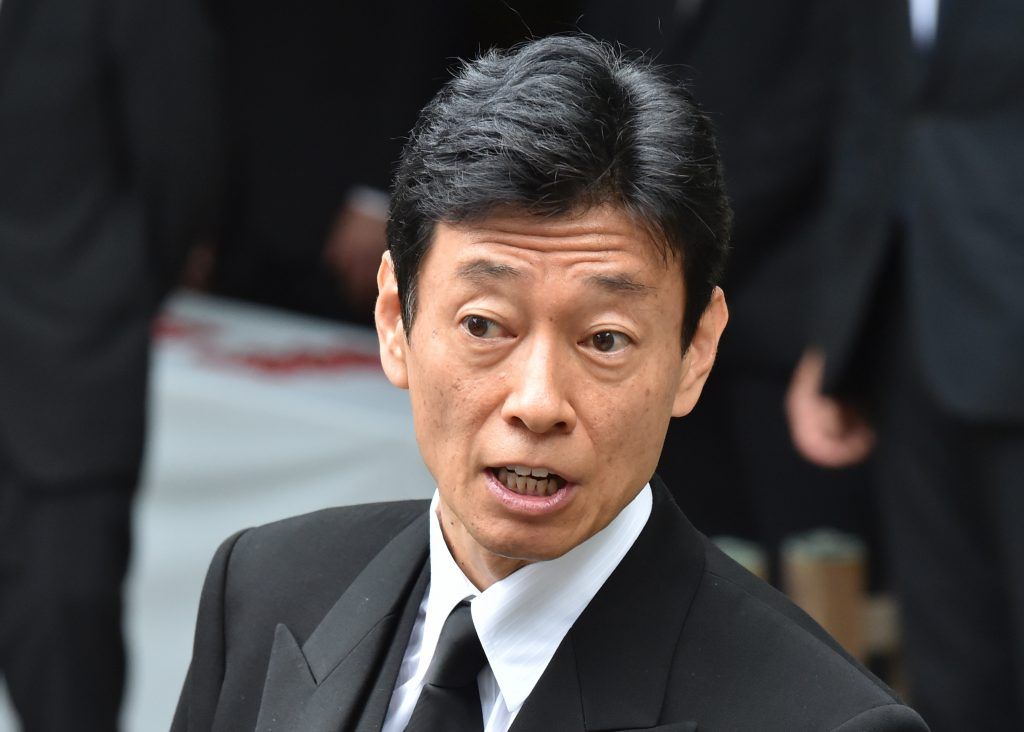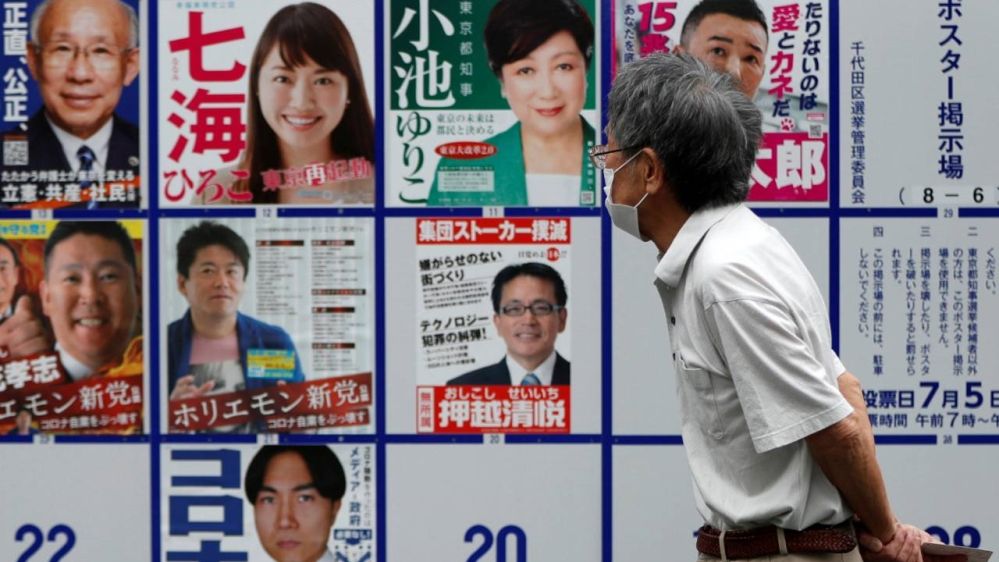The governor of Tokyo Yuriko Koike, who had made whole-hearted support for the rescheduled Olympics one of the cornerstones of her reelection pitch, cruised to a resounding victory over the weekend in potentially tricky gubernatorial elections as recent opinion polls pointed to unease at the prospect of next year’s Games.
Her opponents, all lesser known candidates, seemed unified in only one key policy area – further delaying the Games to either 2022 or 2024. But the combined votes of the second and third-placed candidates barely reached even 40% of Koike’s vote total.
And in an unrelated development a day later, the Japanese government announced that from this Friday it was going ahead with a relaxation on holding big events: the maximum number of people allowed at an indoor venue will be set at 5,000, up from the current cap of 1,000, or 50% of the venue capacity whichever is lower.
Both professional baseball and football leagues, which have been taking place without spectators, confirmed that from this Friday they will open up in line with the government’s new rules.
Koike’s reelection saw her win 3,661,371 votes, far more than her next closest challenger, Kenji Utsunomiya, a 73-year-old lawyer and former head of the Japan Federation of Bar Associations, at just 844,151 votes. The margin of victory was also a measure of approval in the Koike administration’s battle against the novel coronavirus.
It was the second highest total vote ever scored by a winning candidate in a Tokyo election even though turnout was down over 2016 when Koike – a former TV anchorwoman - first won with 2.9 million.
Although Japan has logged four consecutive days each with 100-plus new cases Koike says she does not believe the best way to tackle this would be to mandate business closures.
‘The infections are beginning to be pinpointed individually,’ she said. ‘Rather than asking for business closures overall, I would like to think of an effective method (to curb infections).’
She also said she aims to establish Tokyo’s own centre for disease control, similar to the U.S. CDC, to consolidate the city’s response to the virus and stage a “simplified” Olympics next year due to the impact of the COVID-19 pandemic.
Explaining the government’s decision to relax venue-attendance rules, economic revitalization minister Yasutoshi Nishimura, pictured, at a news conference Monday after the meeting said it was important to put the new coronavirus cases in perspective: most of the newly reported cases were among young people who did not develop severe symptoms, the medical care system is not stretched and virus tests are more widely available.

While other candidates called for the delayed Tokyo Olympics to be postponed even further to 2022 or 2024 — or cancelled altogether — Koike said she believes COVID-19 can be overcome in time for the capital to host the quadrennial global sporting event next summer.
The Wall Street Journal reported that three recent opinion polls have shown a slight majority of Tokyo residents think the Olympics should be cancelled or postponed again, something Koike’s main challengers in the election campaigned.
Declaring victory, Koike said she would work to ‘guarantee a safe and secure Olympics’ and ‘minimize the additional costs of the Games.’
Olympic organisers say they will start to draw up measures to deal with the virus from the autumn, which could include changes to spectator numbers.
The delay to the Games will also add as much as several billion dollars to the cost of the event, much of which will likely be funded by taxpayers, according to the WSJ.
The Tokyo metropolitan government has spent US$ 5.6 billion on building new venues and refurbishing old facilities for the Olympics.
Koike, 67, was first elected governor in 2016 following a landslide victory. In that election, she ran against her own party and secured 44% of the vote to become the capital’s first female leader.
Four years ago, she raked in more than 2.9 million votes, while trailing candidates received around 1.8 million and 1.3 million votes. Voter turnout in that election was about 59%.


